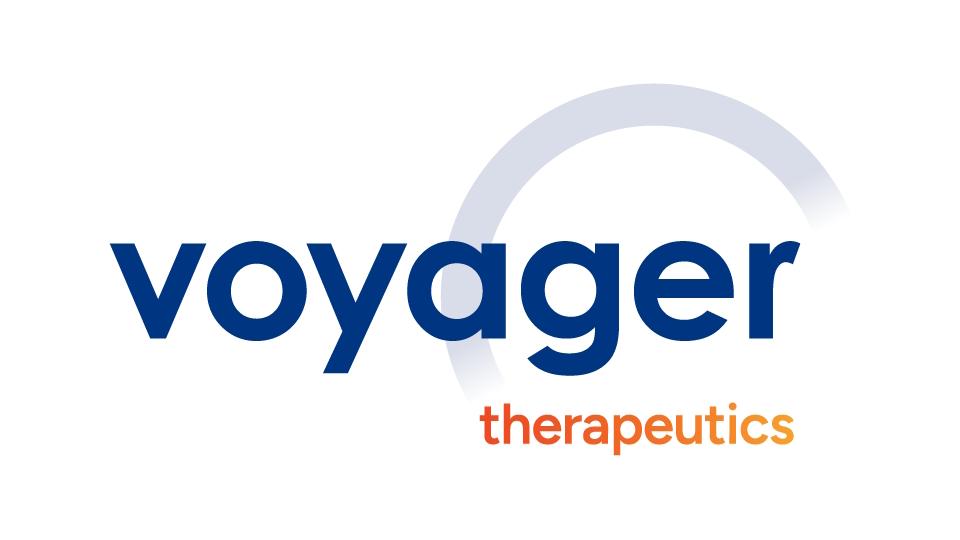Novartis opens new frontier in Voyager gene therapy alliance

Novartis has doubled down on its gene therapy collaboration with Voyager Therapeutics, stumping up another $1.2 billion-plus in potential milestone payments and directing the partnership at two new neurological diseases.
The new agreement, which includes another $100 million payment to Voyager, adds to a 2022 alliance that included a $54 million upfront fee and up to $1.7 billion at the back end, and involved options on three undisclosed neurological disease programmes, two of which were exercised last year.
Now, Novartis says it has licensed rights to candidates for Huntington’s disease (HD) and spinal muscular atrophy (SMA), along with a target-exclusive license to access Voyager’s TRACER capsid technology, designed to improve the safety of gene therapies.
TRACER adeno-associated virus (AAV) capsids are designed to target cells and tissues in the body more effectively, allowing the dose of gene therapy to be reduced, with the aim of generating fewer side effects than conventional AAV-delivered therapies. The most advanced of the new programmes, in Huntington’s, is still in preclinical development.
Voyager has signed a series of TRACER-based alliances in the wake of a string of safety scares in the last few years involving gene therapies using other AAV vector technologies. Along with Novartis, the technology recently signed alliances with Pfizer and AstraZeneca/Alexion, which came after it lost Sanofi and AbbVie as partners between 2019 and 2020. It also has seven programmes underway with Neurocrine Biosciences, including in Parkinson's disease.
“We are thrilled to expand our existing relationship with Novartis, a global leader in the gene therapy field,” said Al Sandrock, Voyager’s chief executive, who joined the company in 2022 after resigning as head of R&D at Biogen.
“Combining the proven capabilities of Novartis in gene therapy development and commercialisation with Voyager’s next-generation TRACER capsids and payloads could enable the advancement of important new therapies for patients,” he added.
Sandrock also noted that the revised agreement will fund Voyager’s operations through to the middle of 2026, having previously indicated its cash on hand would last through mid-2025.
The company – which has also been developing therapies for Alzheimer’s disease and amyotrophic lateral sclerosis, slated to start clinical testing in 2025 – had cash reserves of around $250 million at the end of the third quarter of 2023.
“We look forward to broadening our work with Voyager to help bring forwards novel, high-impact gene therapies with the potential to improve the lives of patients affected by severe neurologic conditions,” commented Fiona Marshall, president of biomedical research at Novartis.
“We believe Voyager’s TRACER capsids hold promise for enabling next-generation gene therapies for diseases of the central nervous system, aligning well with our deep neuroscience expertise and gene therapy leadership.”













